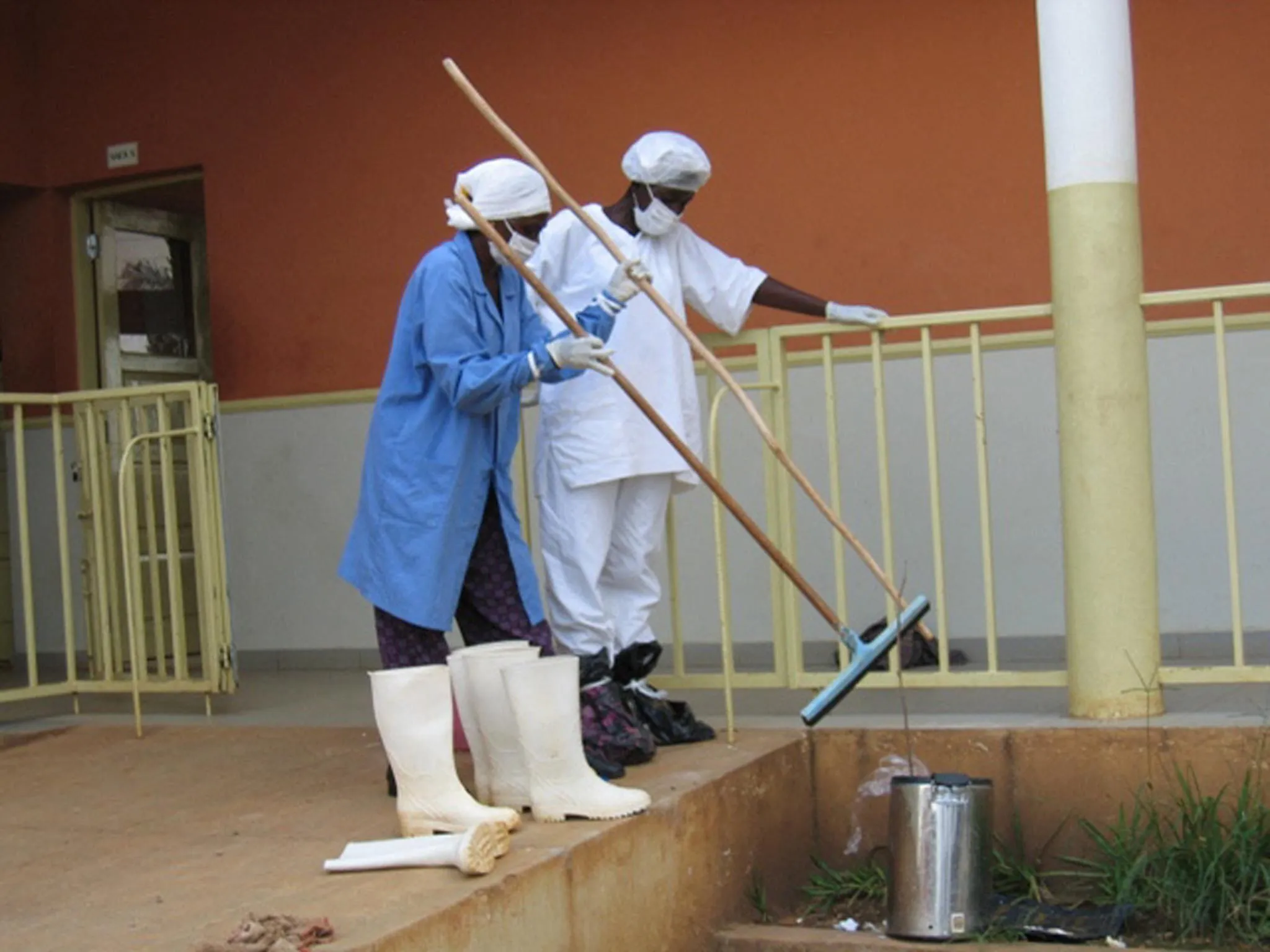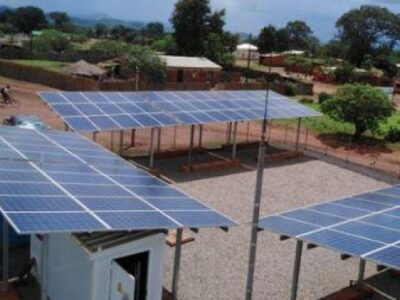
The African Centre for Disease Control and Prevention (Africa CDC) has announced the imminent end of the current Marburg virus disease (MVD) outbreak in Rwanda.
In Rwanda, there have been no new MVD-positive cases since 30 October and the last patient was discharged on 8 November, the CDC confirmed in a press conference. As of November 29, Rwanda had recorded 66 illnesses and 15 deaths from the outbreak.
Ngashi Ngongo, professor of epidemiology and Africa CDC’s principal advisor to the director general, said that a 42-day countdown to declare the outbreak over ends tomorrow.
“We have to say that this success is really the result of the swift and coordinated effort that was led by the Ministry of Health in collaboration with Africa CDC and all the key partners,” Ngongo said.
According to the World Health Organisation (WHO), Marburg is “a severe, often fatal illness in humans”.
Originally transmitted to people from fruit bats, it spreads among humans through human-to-human transmission. There are no approved vaccines for MVD. There have been recent outbreaks of Marburg in Tanzania and Equatorial Guinea, where six and thirty-five people died respectively in 2023.
Ngongo emphasised the role of the nationwide surveillance systems for early case detection, intensified contact tracing and case isolation, as well as the expansion of treatment facilities to reach the end of the outbreak.
“It’s also important to notice that because of all those interventions, especially the high standard of care in treatment facilities, Rwanda achieved some of the lowest case fatality rate (sic), estimated at 22.7% – that is much lower than what is registered in the previous outbreaks,” said Ngongo.
Comprehensive awareness campaigns to educate the public on prevention were also conducted as part of the effort to stop the virus.
Concerns over mpox
At the same time, the persistent presence of other diseases still raises concerns for African and global nations, says Africa CDC.
This includes mpox (formerly known as monkeypox), a separate disease which is currently on the rise, especially in the Democratic Republic of Congo and Burundi.
The WHO defines mpox as as a viral disease which “spreads mainly through close contact with someone who has mpox, causing a painful rash, enlarged lymph nodes and fever”, eventually leaving scars and making people sick. The disease can spread from animals to humans.
The majority of the time, its transmission occurs through exposure to bodily fluids; lesions on the skin or on internal mucosal surfaces, such as in the mouth or throat; respiratory particles; and contaminated objects.
Since 2022, the disease has spread globally with new countries being affected.
In DRC, 53,109 cases have been notified to date and there have been about 1,251 mpox deaths. This week 2,632 cases have been notified, compared to 2,549 the previous week.
Progress on mpox vaccinations
Nevertheless, Ngongo, who also serves as the continental incident manager for Mpox at Africa CDC, highlighted the steady progress in efforts to vaccinate populations against the disease. Africa CDC has pledged to deliver 10 million mpox vaccine doses by the end of 2025.
According to a slideshow, second dose administration of vaccines in the DRC commenced on 28th November 2024 and by 19 December 11,000 people have been vaccinated in the provinces of Tshopo, Sankuru and Sud Kivu.
The Japanese government has confirmed that 50,000 doses will be arriving this week in Kinshasa, he added. Japanese experts are in discussions with the government of the DRC on how to roll out the vaccine and deal with logistical challenges, including delivery in remote areas.
A Continental mpox Response Intra-Action Review (IAR) was hosted by Africa CDC and the WHO in Addis Ababa which lasted until Wednesday. The countries involved included Burundi, Central African Republic, Côte d’Ivoire, DRC, Kenya, Liberia, Uganda, Nigeria and South Africa.
The action plan discussed intensifying resource mobilisation, boosting data management systems and accelerating the vaccination implementation and country support for countries that have been hit the hardest.










Comments